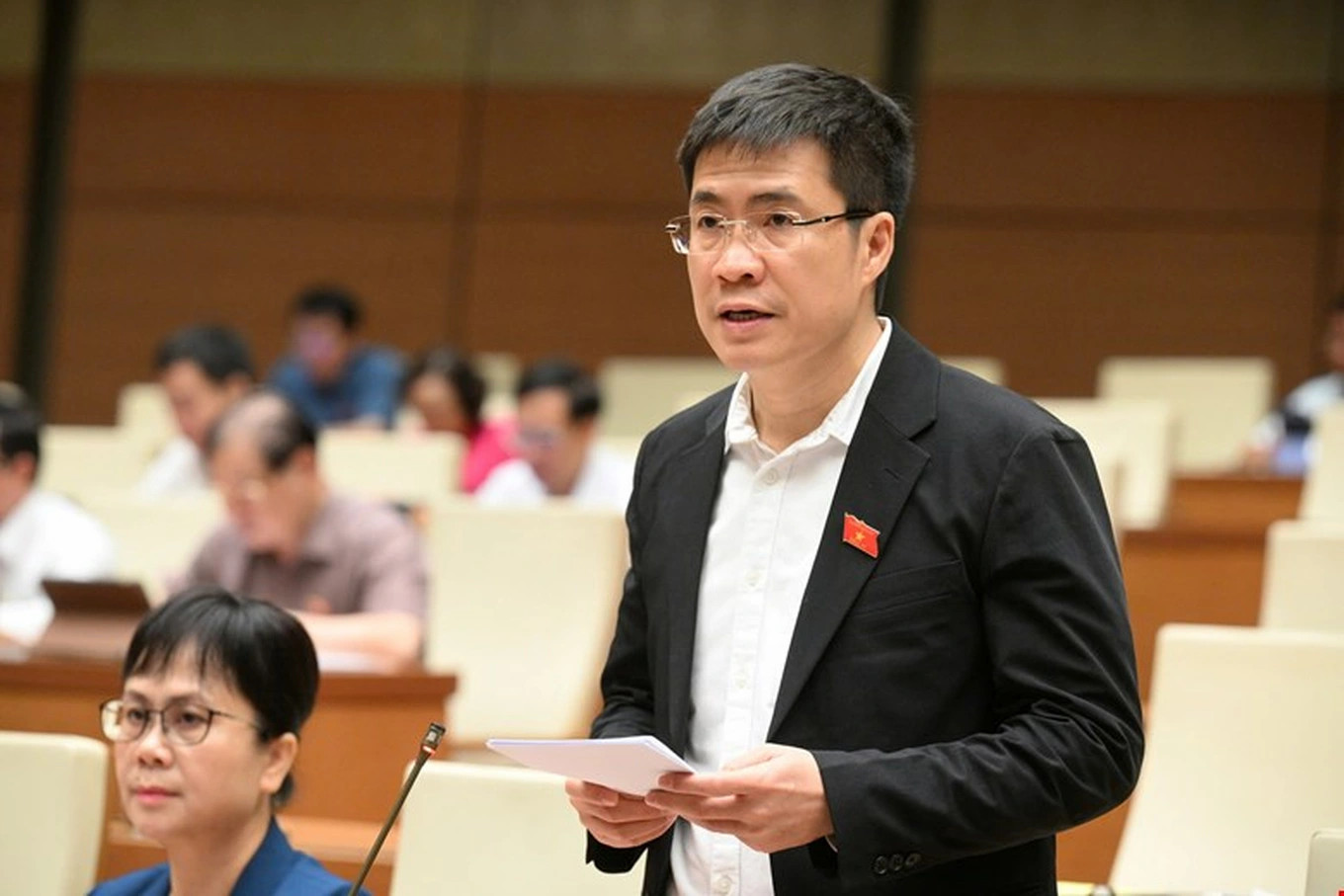This morning, during a National Assembly session discussing the draft Law on Personal Data Protection, many lawmakers expressed support for its urgent adoption.
Differentiating basic and sensitive personal data

Commenting on the draft, Deputy Hoang Minh Hieu from Nghe An agreed with the distinction between basic and sensitive personal data, noting that the latter requires stricter protection measures.
He suggested that sensitive personal data provisions be applied to sectors such as healthcare, insurance, finance, banking, and credit information.
“This is a very appropriate and timely approach,” he said.
Hieu added that based on international experience, sensitive personal data is critical to individual rights and is typically specified directly within legislation. For instance, in Japan, sensitive data includes social status, medical records, and criminal records; in China, it includes biometric identifiers, religious beliefs, health data, financial accounts, and location tracking.
Therefore, he recommended the drafting body clearly define some basic data types in the law, while allowing the government to regulate additional categories as needed in future periods.
The right to control others’ information

In his response, Minister of Public Security Luong Tam Quang emphasized the urgent need for this legislation, stating that the Government has proposed the National Assembly adopt the law in a single session.
“Currently, around 150 countries have adopted personal data protection laws. In the context of deep digital transformation, which affects every individual in cyberspace, increased violations of personal rights and privacy pose a direct threat to human security,” said Quang.
He noted that public awareness of data protection remains limited among both organizations and individuals, creating a “gray area” in enforcement.
Quang cited the rampant buying and selling of personal data as if it were merchandise, with massive datasets sold multiple times to various entities for analysis, exploitation, and targeting victims with fraud scenarios.
“Leaks and trading of personal data are the main enablers of criminal activities,” the Minister emphasized.
He asserted that personal data is inseparably tied to human rights and individual privacy, and must not be considered a tradable commodity or corporate asset. Personal data, he said, is a special resource that must be exploited only with the highest level of protection.
“Allowing personal data to be bought and sold is the same as permitting the trade of human rights - the right to control another person’s information,” Quang affirmed.
He warned that if the law does not explicitly prohibit the sale of personal data and impose strict penalties, a “black market” for personal data could emerge, leading to serious consequences and widespread public anxiety.
The Minister concluded by stating that the Government, taking into account the opinions of National Assembly delegates, will work closely with the National Assembly’s Committee on National Defense and Security and the Committee on Foreign Affairs to revise and finalize the draft law for consideration at the upcoming ninth session.
The Vinh